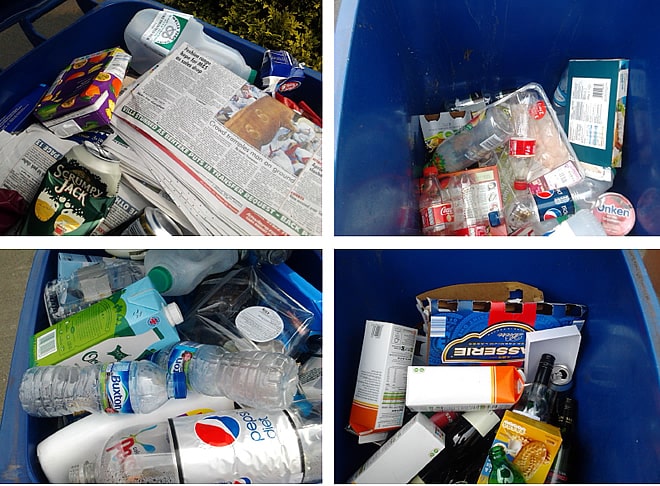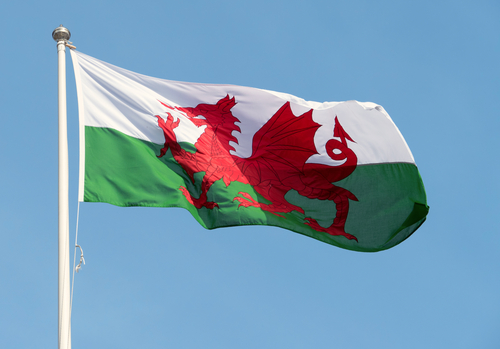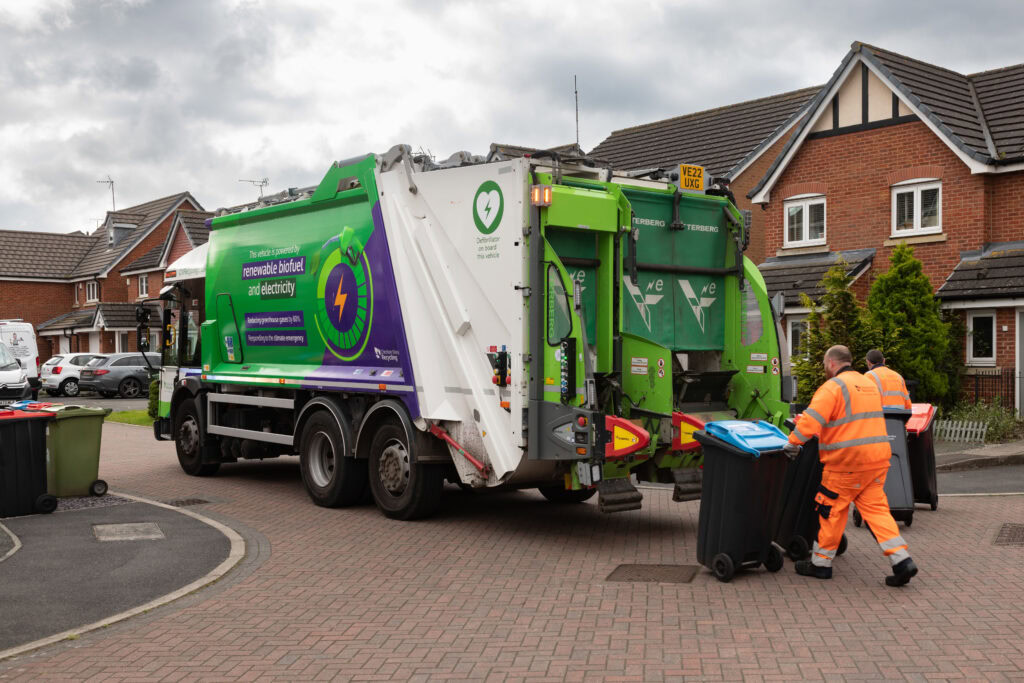
The council’s contamination campaign was launched in August this year, following a reported increase in the number of contaminated loads being discovered by the council’s contractor Biffa.
The campaign focused on key items which had been regularly found in rejected loads from commingled blue bin recycling collections, including nappies, animal bedding, refuse sacks, plastic bags, food waste, textiles and paint pots.
Biffa is issuing tags to those residents that still include contaminated items in their blue mixed recycling bin, and blue bins with bagged waste will no longer be collected.
However, figures have shown that on average 87% of the district is now recycling correctly and has not received a tag on their bin.
Cannock Chase council operates a fortnightly three-stream waste and recycling collection service. A blue wheeled bin is used for mixed recyclables (paper and cardboard, glass, plastic bottles and cans), a brown bin for garden waste and a green bin for residual waste.
‘Positive step’
Councillor John Preece, portfolio leader for environment, said: “I would like to say a big thank you to the residents of Cannock Chase. It was essential that the campaign was introduced, as the number of rejected loads from the blue bin was growing, which would eventually cost the tax payer.
“I know recycling can be confusing for some people and a lot of residents get it unintentionally wrong. This is occasionally due to the fact that there is a recycling symbol on some products. However, this means that the item was made out of recycled material, not that it can always be recycled.
“As part of the contamination campaign Biffa have had to clamp down by not emptying the blue bin, if it contains any bagged waste. This is because some people were hiding contaminated items in bags. The Council has always stated that items in the blue bin should be clean and loose, not bagged. However this has not always been rigidly enforced.
“Residents mistakenly think that their Council Tax pays for waste and recycling collections, when the reality is that only 4% of council tax goes towards waste and recycling.
“This campaign is a positive step to getting recycling right across the District and again I would like to sincerely thank those residents who have got it right.”









Subscribe for free